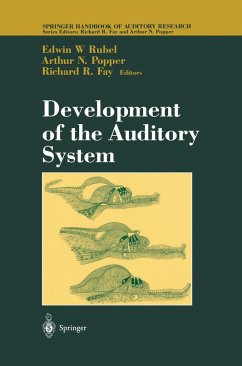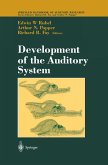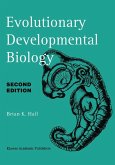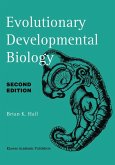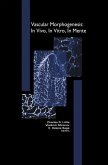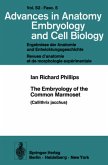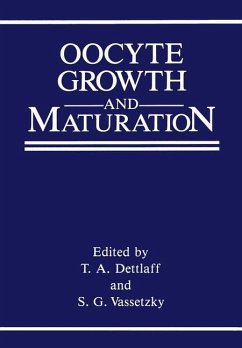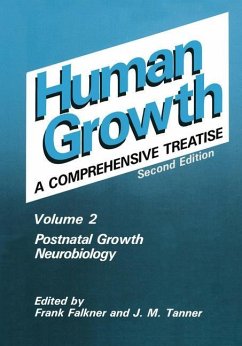Extraordinary progress has been made in recent years in understanding the cellular and molecular basis of development. This progress is having a strong influence on our knowledge of the auditory system. From the molecular genetics of ear development to the ontogeny of auditory capability, great inroads have been made. The contributors to this volume on development of the auditory system have provided a detailed and integrated introduction to the behavioral, anatomical, and physiological changes that occur in the auditory system of developing animals. About the editors: Edwin W Rubel is Virginia Merrill Bloedel Professor of Hearing Sciences at the Virginia Merrill Bloedel Hearing Research Center at the University of Washington. Arthur N. Popper is Professor and Chair of the Department of Zoology at the University of Maryland. Richard R. Fay is Associate Director of the Parmly Hearing Institute and Professor of Psychology at Loyola University of Chicago. About the series: The Springer Handbook of Auditory Research presents a series of synthetic reviews of fundamental topics dealing with auditory systems. Each volume is independent and authoritative; taken as a set, this series will be the definitive resource in the field.
Hinweis: Dieser Artikel kann nur an eine deutsche Lieferadresse ausgeliefert werden.
Hinweis: Dieser Artikel kann nur an eine deutsche Lieferadresse ausgeliefert werden.

